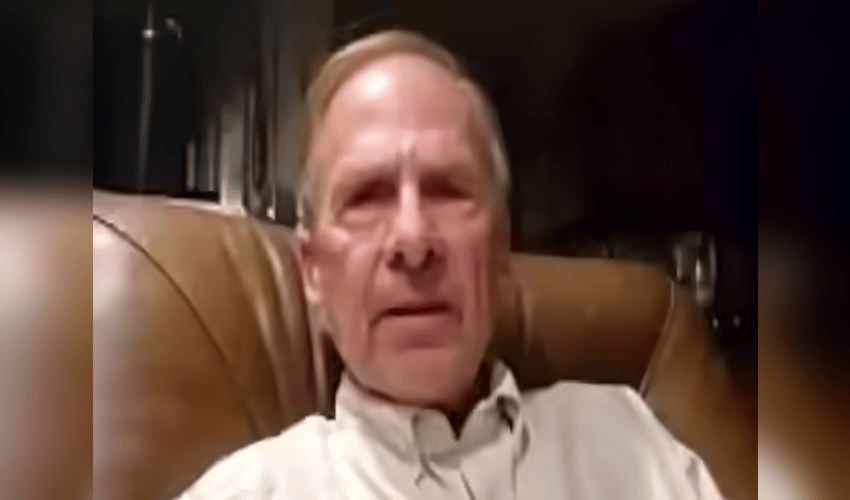World
US Intelligence Long Knew of Pakistan Ability to Mount Nukes on F-16s Says Ex-CIA Officer.

In a revelation adding new layers to longstanding concerns about nuclear proliferation in South Asia, a former CIA officer has claimed that the United States was fully aware of Pakistan’s capacity to mount nuclear weapons on its American-supplied F-16 fighter jets. Richard Barlow, who served with the agency in the late 1980s, explained in recent interviews that American policymakers were briefed in detail, but top levels of government chose to officially deny such knowledge to preserve political relationships with Pakistan.
Barlow’s candid accounts, highlighted in an extensive ANI broadcast, lay bare how the U.S. intelligence community watched as Pakistan advanced its clandestine nuclear weapons program, even witnessing instances where nuclear bombs were fitted onto F-16 aircraft as early as 1990. Despite alarmed warnings from intelligence professionals, successive U.S. administrations continued providing military aid and fighter jets to Islamabad, citing diplomatic expedience over security concerns.
The ex-CIA officer’s testimony also shines a light on the broader global implications. During the fraught Cold War years and Pakistan’s drive for a “Muslim bomb,” American intelligence repeatedly reported back to elected leaders about Islamabad’s progress, only for these genuine security concerns to be downplayed or ignored at the top. Barlow further recounted that there were even proposals for preemptive strikes by Israel and India on Pakistan’s Kahuta nuclear facility, which never materialized, potentially altering the balance of regional security.
Adding another layer of controversy, Barlow alleged that attempts to disrupt Pakistan’s nuclear procurement network were undermined by leaks within the U.S. government. He mentioned a failed operation to apprehend a Pakistani agent seeking sensitive steel for uranium enrichment, which was derailed by State Department officials tipping off Islamabad, allowing its nuclear project to go unchecked.
Barlow’s experience, he says, came at a great personal cost—his career and personal life were destroyed after he blew the whistle on these uncomfortable truths. However, his disclosures raise vital questions about international accountability, the double standards of superpower politics, and the enduring threat of nuclear escalation on the Indian subcontinent. As histories are reassessed, the implications of these decisions continue to cast a long shadow over security dynamics in South Asia.



